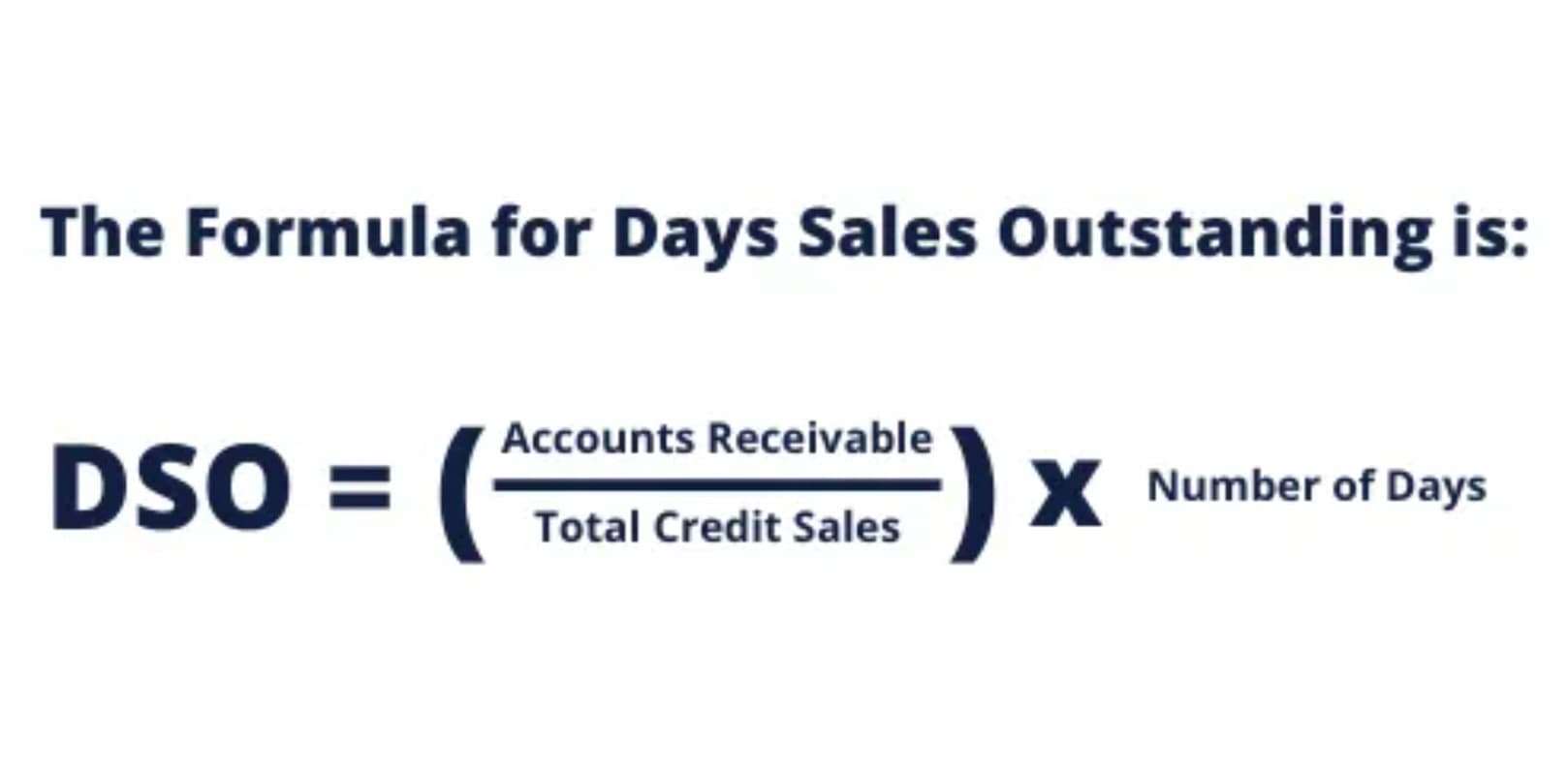
If you start combining your accounts with personal expenses, your books will get disorganised and ultimately defeat the purpose. SD Mayer provides tailored accounting and advisory solutions for the supermarket industry, focusing on compliance, financial strategy optimization, and transparency. Our mission is to help supermarkets manage risks and drive sustainable growth through a personalized, strategic approach.
How Effective Bookkeeping Contributes to Financial Success
Now that you understand the importance of free accounting software for your supermarket’s financial management, let’s explore how to choose the right solution for your specific needs without breaking the bank. It represents the difference between the inventory recorded in the accounting system and the actual physical inventory normal balance counted during stock takes. When that inventory is sold, the reduced cost flows through to COGS, meaning the rebate effectively increases the gross profit margin. Recognition should occur when it is probable that the rebate will be received and the amount can be estimated reliably.
Inventory Management Integration
Vendor rebate management accounting requires robust systems to track purchases against agreement thresholds and accrue anticipated rebates accurately. Documentation is key – clear rebate agreements outlining the terms and conditions are essential for supporting the accounting treatment and for audit purposes. The complexity requires accountants skilled in interpreting contracts and applying IFRS principles correctly. Such systems facilitate accurate COGS calculation supermarket by automatically applying the chosen valuation method (e.g., FIFO) as goods are sold.
What is the Best Accounting Software for Grocery Store Business?
Barcode scanning technology simplifies tracking inventory movement, ensuring real-time updates and reducing human error. Its importance cannot be overstated, as it enables retailers to track revenue, manage expenses, make informed decisions, and comply with tax regulations. By setting up a tailored chart of accounts, retail businesses can streamline their bookkeeping processes and pave the way for financial success in a dynamic and competitive industry. These tools are designed to handle the unique needs of retail businesses, such grocery store accounting as tracking sales, managing inventory, and processing transactions.
- Accounting systems need to handle these transactions efficiently and accurately record sales, discounts, and promotions.
- It includes custom pricing strategies, invoice processing, and financial reporting tools, making it easier to handle real-time updates, project tracking, and bookkeeping services.
- While effective as marketing tools, these programs create significant accounting complexities, primarily governed by IFRS 15 ‘Revenue from Contracts with Customers’.
- Moreover, free accounting software provides real-time visibility into your supermarket’s financial health.
- Wave farewell to stacks of receipts and labor-intensive manual records—we automate inputs directly from your linked accounts.
- Our team comprises experienced accountants with deep knowledge of Retail Accounting UAE standards, IFRS, and local VAT regulations.
Make a weekly schedule to set aside a few hours to ensure consistent, efficient, and effective bookkeeping. Don’t Rush the ProcessWhether you decide to use accounting software or not, it’s critical that you take your time. It’s easy to get complacent as bookkeeping can be very repetitive, but complacency leads to discrepancies that could negatively impact your operations.
for Grocery Store Bookkeepers
In the retail industry, where transactions happen rapidly, the ability to track sales with precision is crucial. This involves the implementation of a robust point-of-sale (POS) system that not only records sales but also provides insights into customer behavior and product performance. These systems generate real-time data, enabling retailers to make informed decisions about pricing, promotions, and stock levels.
In addition to prevention measures, having a reliable data backup and recovery system is essential. To prevent such incidents, you must implement robust data breach prevention measures. This includes securing your network with firewalls and encryption protocols, regularly updating and patching your software, and educating employees on best practices for account security. Secondly, scalability and flexibility are important factors to consider as your supermarket grows and changes over time.
- Understanding how to classify groceries in accounting can significantly impact personal finance management and business expense tracking.
- Without such systems, accurately tracking and claiming all earned rebates becomes a significant challenge.
- For many situations, it makes sense to invest in the best system you can afford and, preferably, the system can grow with your business.
- By automatically recording all transactions from bank accounts and credit/debit cards, We take the hassle out of data entry, allowing retailers and wholesalers to focus on their core operations.
- In the next section, we will explore how these characteristics translate into specific functionalities that can benefit your business even further.
- Meru Accounting provides world-class services that cater to all the needs of cloud accounting and bookkeeping of your business.
Automation tools and retail-specific accounting software can reduce manual errors, save time, and improve overall operational efficiency. ZarMoney’s state-of-the-art inventory management and tracking tools empower grocery store owners. These tools monitor stock levels meticulously, prompting timely reorders and avoiding overstocking. In the absence of such an advanced inventory system, grocery stores risk financial losses and diminished customer satisfaction. In conclusion, free accounting software for supermarkets provides a range of features and benefits that can significantly improve financial management.
Grocery stores often have numerous departments or categories, such as produce, dairy, meat, and packaged goods. A practical approach involves maintaining detailed records specifying the quantity and purpose of items used for business. For instance, a consultant hosting client dinners at home could document http://immunaccel.com/bookkeeping-2/a-small-business-guide-to-building-out-a-chart-of/ the specific ingredients purchased for the event. This practice supports accurate allocation and compliance with tax obligations.
